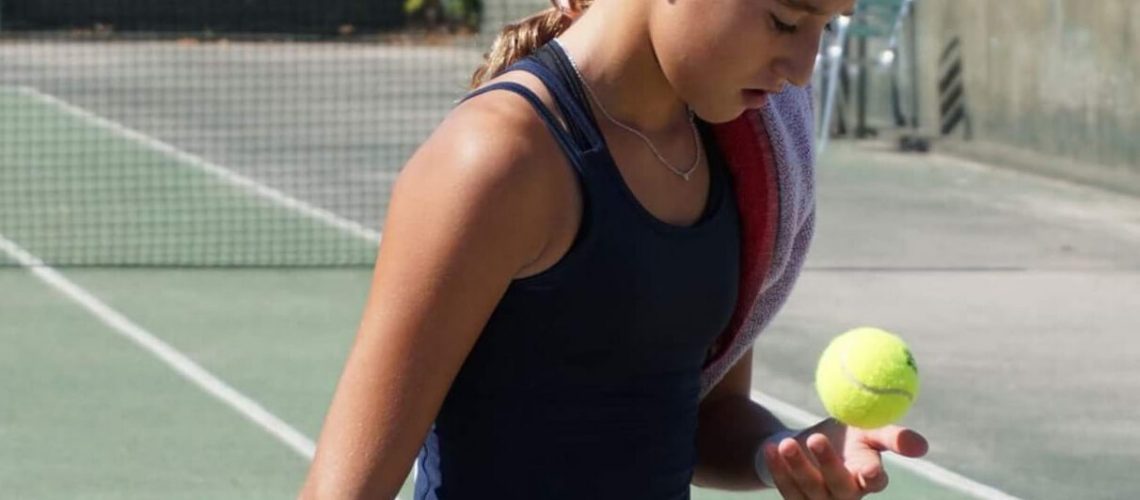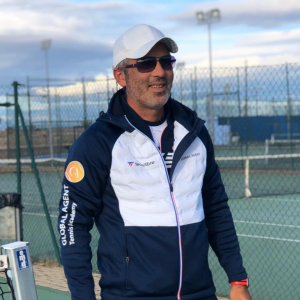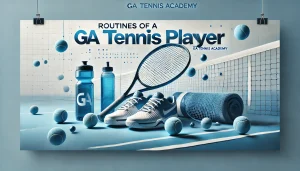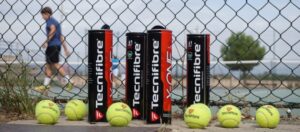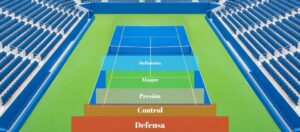Build your consciousness, thoroughly and with awareness. Work it constantly and if you don’t like to “work”, then live with consciousness. But if you have come this far, it means you want to learn. Although, I have to warn you: there is no magic wand. Both the master and the disciple will have to make an effort to build a consciousness that will help you to achieve the proposed objectives. And now, after accepting your dedication as something predetermined, I will move on to the next phase.
Receive first, give after
Turning what you receive into something you generate yourself means internalizing learning. The coach can pass on the information, but you will have to internalize it to put it into practice. Only when you make these concepts (technical, tactical, mental, etc.) your own, you will be able to put them to good use. I will need this conscious work from you for the improvement to be real and effective.
Be constant
Build your consciousness, but do it by being constant and keep the intensity high at work. For both a training session and a match the average time of being active is about 2 hours. During this time, the focus or intensity of your concentration will determine the quality of your work. Every gesture, every movement, every thought will be nourished by this awareness and progress will be optimal.
Turn off the cruise control
Now I’m going to ask you one thing: in your daily life how many times do you turn on the cruise control and turn off your conscience? How many times do you follow the inertia in which your daily agenda takes you? How many times do you walk on a path already marked out by others, be your parents, coaches, school, work, etc.? Well, there you have a general blackout of consciousness. It is these same gaps that weaken your ability to focus. It’s that state that you run away from during matches, but you still get it since you have it in your habit. So build your consciousness and by using it.
And you know that… On the tennis court, you need it. You need the focus, the intensity of the focus and the stamina of the focus in different extreme physical and emotional situations. So you have to work on it not only on the court but on a personal level. It is something that will define you both as a sportsman and as a person in general. So build your consciousness!
Let’s talk about your general habits for the job in hand:
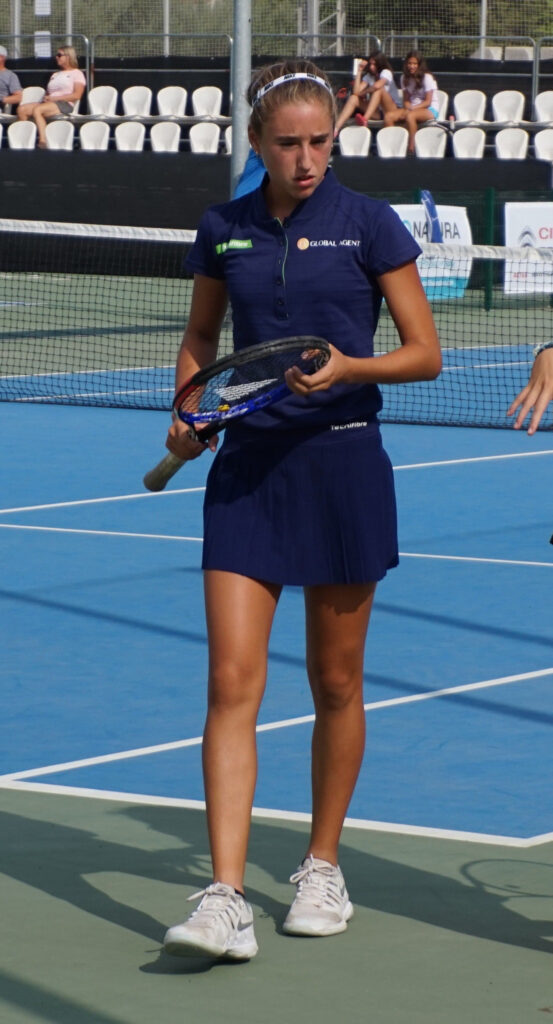
Build your consciousness in the morning
Morning is the perfect time to do the work of consciousness. With things as trivial as getting cleaned up, getting dressed, making your bed, preparing breakfast, having breakfast. You can also prepare the racket or the school bag (if you haven’t prepared it the night before). With that, you get to activate your mind and start the day with energy and awareness. The beginning of the day is very important to make a positive and active start.
Build your consciousness in any activity
Every time you work, whether it is in sports, at school, or in any other way, take advantage of the time you spend on it. Work with an objective, an idea, with the WHY of your effort. Like on the court, concentrate on the moment, on this point you are playing, learning from the previous ones and building the next ones.
Build your consciousness while you rest
The rest is part of the work. It means the change of activity. Make it a habit in your life. If you are physically tired, do mental work; mentally tired, do physical work; tired of routines, change them. All this does not imply that you should be a routine and orderly obsessive. Balance (the middle of Confucius) is something that helps you not to fall into extremes. You must develop your social life, as well as your personal and professional life, but in all of them, you must be a conscious person.
Another thing about fatigue. Many times we mix fatigue and lack of motivation. When you are very tired, for example on the court, check if your motivation is what you want it to be. Lack of motivation, or simply boredom or worn-out routine, can generate a state of fatigue, or the illusion of it.
Technology vs Awareness
Here is another aspect of the most important development of a child or adolescent – technology. From the computer, tablet, phone, with its thousands of applications and games, technology helps us (or should help) to organize our daily life. It should make it easier to manage information more quickly and efficiently, but it can also be detrimental to the user.
Positive vs. Negative
- It gives us easy access to more information. | Ease of access decreases the hunger to search for it until it is completely turned off.
- It saves us the time to do certain tasks. | The ease and speed of doing tasks increases our desire to manage more and more each time until we get to overflow our day by day.
- It connects us to more people in less time. | We stop having conventional relationships with friends, family, etc. because it is not profitable to spend this time offline.
- We have located our students, children. | Children have few opportunities to develop self-sufficiency.

Only negative (dangerous to a child’s development)
- Addiction to games and/or other web content. We leave it up to them, to not bother us, playing games, watching videos, listening to music. Who controls access to the Internet? How many players take advantage of technology to watch tennis videos, didactics, read articles, research their work or simply contact their teachers? The percentage of access to non-useful and useful content is 95%-5%. (These data are from a coach who lives with his players).
- Telephone at meals… Food is one of the sections of healthy growth and especially if you do sport.
- Telephone in bed… I am no longer talking about physical damage generated by technology. Simply, what time do you go to sleep when you have access to chat or games?
With this, I will stop and leave one last piece of advice for today. Everything you do in your daily life not only has a meaning in itself but also has to do with discipline. Setting a simple goal and meeting it, like eating breakfast at a certain time, stretching after training or simply not sleeping in bed with a phone, marks your discipline. And I think we agree on one thing: for an athlete, discipline is a must.



